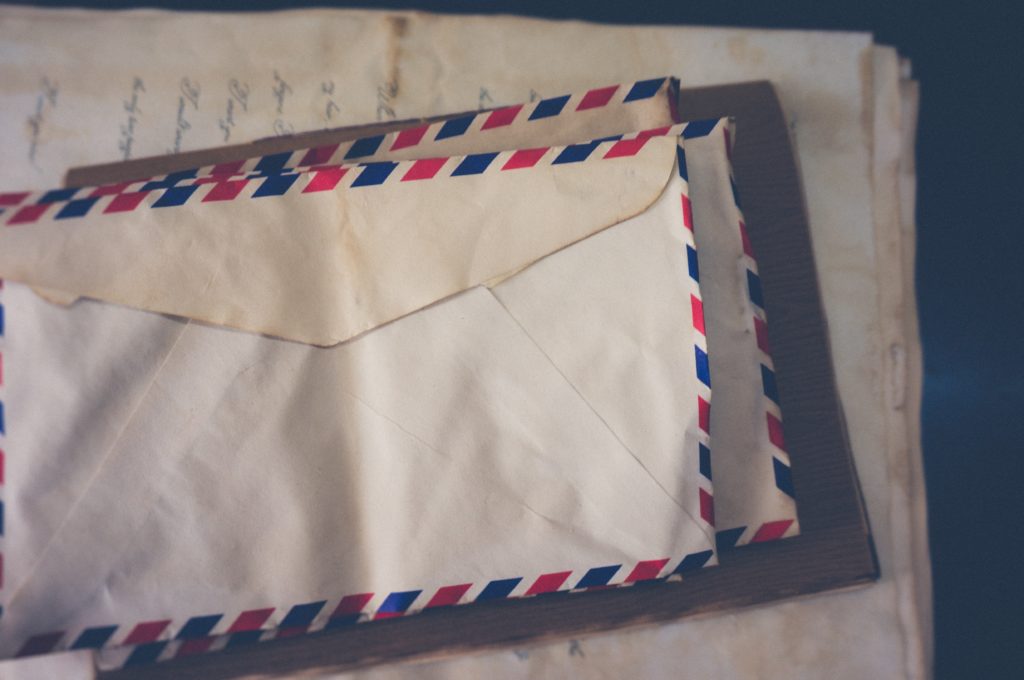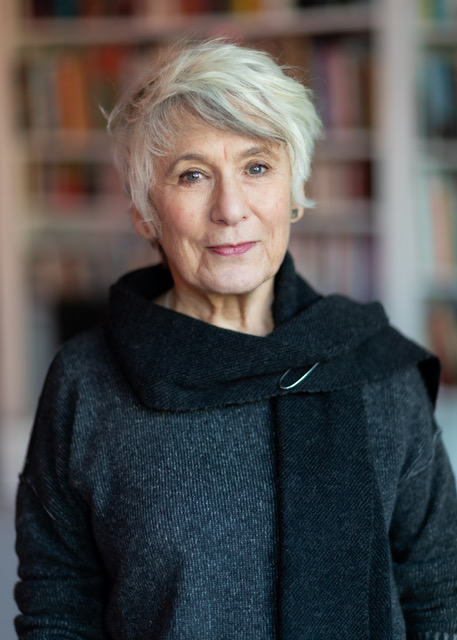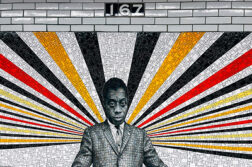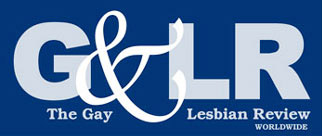
LUCK MATTERS. Good or bad it shapes our destinies in love, health, work. It’s not a good idea to depend on it, gamble for it, or view it as an alternative to hard work and careful planning, but it happens: randomly, unpredictably and all too often as the last word.
A defining stroke of good luck for me, as a writer, was in Spring 1986. I got a letter out of the blue; a letter that changed the direction of my life.
Since my early years I’d wanted not just to write, but to be a writer, to have that as the core of my life, to find out what I felt and thought and who I was by spinning a web of words. I wanted to make a contribution. I wanted my books on the shelves, my plays performed. I wanted not just to be a writer, but a valued writer, with a place, however modest, among the voices I admired.
This need for self-expression began as a struggle with otherness, my confusion and inarticulacy about being lesbian. I was born in 1940. I grew up without words to express what I felt and with no one to tell them to, even if I could have found such words. I had no role models, no books to read. There was the dismal Well of Loneliness, a lesbian novel by Radclyffe Hall that was censored as obscene until 1949, but that was all.
Same sex love was a medical pathology, a crime, a cause for shame. My family was proud and conventional. My three brothers were ambitious and straight. There wasn’t much love around, though there was plenty of anxiety.
When I was about 14, I swallowed a bunch of aspirin. I half wanted to die. My father asked me why I’d done this. “I want to be,” I told him.
“You want to be what?” he asked, for he was a literal man, “A comptometer operator? A hairdresser?”
The conversation continued without a point, but what matters is what I said, that’s what this LGBT business is all about: wanting to be seen, wanting to be understood, wanting to simply be allowed to be.
I’d achieved a degree of literary success before I received the fateful letter in 1986. I worked as an editor at BBC publications so I was in the words trade. I wrote cinema and book reviews for City Limits, a radical magazine. I’d had short stories published in anthologies, a few plays on BBC radio, one on TV, others in publications and fringe theatres in little-known parts of London, a couple at the Edinburgh Festival. I loved the alchemy of theatre: how actors brought words to life. Peggy Ramsay, a distinguished agent, had even agreed to represent me. “A page a day, Diana,” I remember her saying to me. I never achieved that.
I had dreams, I’d taken tentative steps, but my literary efforts neither earned me enough to stay alive, nor offered me security and a clear path forward, and the work of a 9 to 5 job took my energy and time.
While working at the BBC, it was a lunchtime pleasure to duck into the little London art galleries around Bond Street and Piccadilly with a close friend. One rainy lunchtime we took shelter in The Fine Art Society. There was a retrospective exhibition of work by the society painter Gluck, whom I’d never heard of before . Born into a rich Jewish family, Salmon & Gluckstein, founders of the Lyons Corner House tearooms, Hannah Gluckstein painted portraits of women, self-portraits, flowers, landscapes: detailed meticulous work. She broke from her family, wore stylish mannish clothes, and chose her own name.
One of her paintings made me catch my breath. Before I read the caption, I understood it. Gluck called it Medallion or the “YouWe” picture. It was of the merged profiles of her and her lover Nesta Obermer. They stare defiantly into the future, their jaws are strong, they are architects of their shared destiny, Nesta’s gaze is bright, Gluck’s hair is cropped short.
I knew this was about something in me: love between women, indivisible union, what Southern Gothic novelist Carson McCullers called “the we of me,” the need to break free. It’s a brave picture, a courageous statement, a declaration to the world.
Sometime after this, the letter came. It was from an editor at Pandora Press, a feminist publishing house. She wrote that she liked my journalism and asked if I had a manuscript under the bed, or a book I wanted to write, because if I did Pandora would publish it. She invited me to lunch. I bought a glitzy suit in Carnaby Street and wore the highest of heels. She asked me to submit a book proposal. I thought again of Gluck and decided to write about her. I got an advance and a contract. I handed in my notice at the BBC.
Gluck’s nephew, a fair-minded man, was her executor. He told me she had been very difficult. He had stored her papers in two big boxes in his garage. He wanted to see whatever I wrote prior to publication, but said he wouldn’t censor anything unless he felt it showed his family in a bad light.
I was living in a top floor flat in west London. The boxes were damp and smelled musty. I lugged them up the three flights of stairs and said to myself: “Make a life out of this.” The papers were unsorted—letters, diaries, photographs, oddments. I picked out letters at random. I couldn’t read the writing. Nicknames were used: Darling Tim, Dearest Rabitskinsnootchbunsnooo. I went to bed alarmed. But bit by bit the papers began to make sense. A story emerged: a romantic, tragic one.
It’s strange, this alchemy of bringing someone to life. Gluck inhabited me; it was like an acting role. She was defiant, gifted, obsessive, flawed. I hope I did her justice. My biography of her was published 33 years ago. It is still in print. In 2017, there was a major documentary of her work called Gluck: Who Did She Think He Was? A self-portrait of her was used on the poster and catalog cover of the Queer Art exhibition at the Tate Modern.
Gluck lives on. And I have published 13 more books, many of them about lesbians. I lovingly call my oeuvre Di’s Dykes. I have never been without a commission. I have chosen my own subjects and been given a free hand. At 80 I’ve started on what will be my last book— a memoir. I guess that letter changed my life. A stroke of unexpected luck. Though part of me wishes I’d stuck to writing plays.

Diana Souhami is the author of No Modernism Without Lesbians, Gluck: Her Biography, Gertrude and Alice, Greta and Cecil, The Trials of Radclyffe Hall (shortlisted for the James Tait Black Prize for Biography and winner of the US Lambda Literary Award), Wild Girls, the bestselling Mrs Keppel and Her Daughter (also winner of the Lambda Literary Award and a New York Times “Notable Book of the Year”), Selkirk’s Island (winner of the Whitbread Biography award), Coconut Chaos, Edith Cavell (winner of the EDP Jarrold East Anglian Book of the Year Award), Murder at Wrotham Hill (shortlisted for the Crime Writers’ Association Gold Dagger for Non-Fiction), and the novel Gwendolen. She is a Rainbow List National Treasure and she lives in London.






